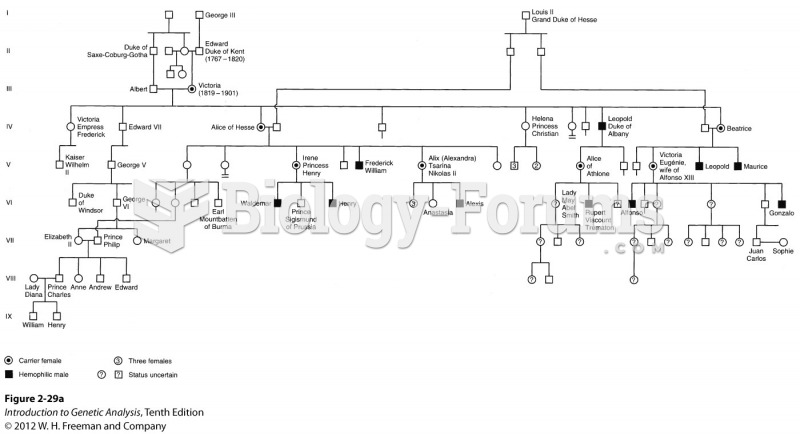Answer to Question 1
True
Answer to Question 2
Japan's modern and traditional sectors have divergent economic and political
interests. This division caused constant tension within the LDP even during the party's
greatest popularity, and the difference in political interests between traditional and
modern Japan ultimately proved to be the LDP's downfall. During its heyday, the LDP
particularly cultivated the political interests of Japan's rural sector, the party's most
consistent and core base of support. The LDP did not only rely on public works spending.
It also designed government policies to keep rural business alive and support an
increasingly dependent rural population.
Much of Japan remains relatively underdeveloped and rural. Many of Japan's rural
businesses are not internationally competitive. Rural residents tend to be older and less
educated, and many rural industriesespeciall y those related to the agricultural sector
survive on a combination of government subsidies and regulations that constrain foreign
firms' ability to enter the Japanese market. City dwellers are on average younger and
more educated, and urban firms tend to be more internationally competitive. Given this
difference in education and skill levels, many rural industriesespeciall y those related to
the agricultural sectorsurvive on a combination of government subsidies and
regulations that constrain the ability of foreign firms to enter the Japanese market.
The difference between Japan's internationally competitive urban industry and its
uncompetitive rural sector resulted in what we can parallel party systems existing
within Japan: a rural party system completely dominated by the LDP and an urban
party system in which opposition parties were much more competitive. The LDP's political
reliance on rural voters meant that it could win control of parliament while doing
relatively little on behalf of urban political interests. As long s Japan's economy continued
to grow rapidly, this was not a politically sensitive issue, simply because neither rural nor
urban voters had much to complain about.
In 2001, Jun'ichir Koizumi became head of the LDP and prime minister. At that time, the
declining economy meant that the LDP had less money to spend on rural interests.
Koizumi also saw a connection between high levels of government spending on weak
sectors and Japan's sluggish economy, and he knew that he would have to convince
members of his own partymany of whom relied on rural votersto change their ways.
Koizumi sought to change the LDP's image by emphasizing the modern side of Japan's
economy and reducing spending on rural construction projects. The division between
traditional rural and modern urban interests in Japan played a major part in shaping the
LDP's longtime dominance and finally its failure in 2009. The LDP's reliance upon these
rural interests initially made it hard for the party to cut them off. However, Koizumi's
decision to reduce support for these interests and, thus, attack his own party in its most
important and economically vulnerable constituency had destabilized long-standin







